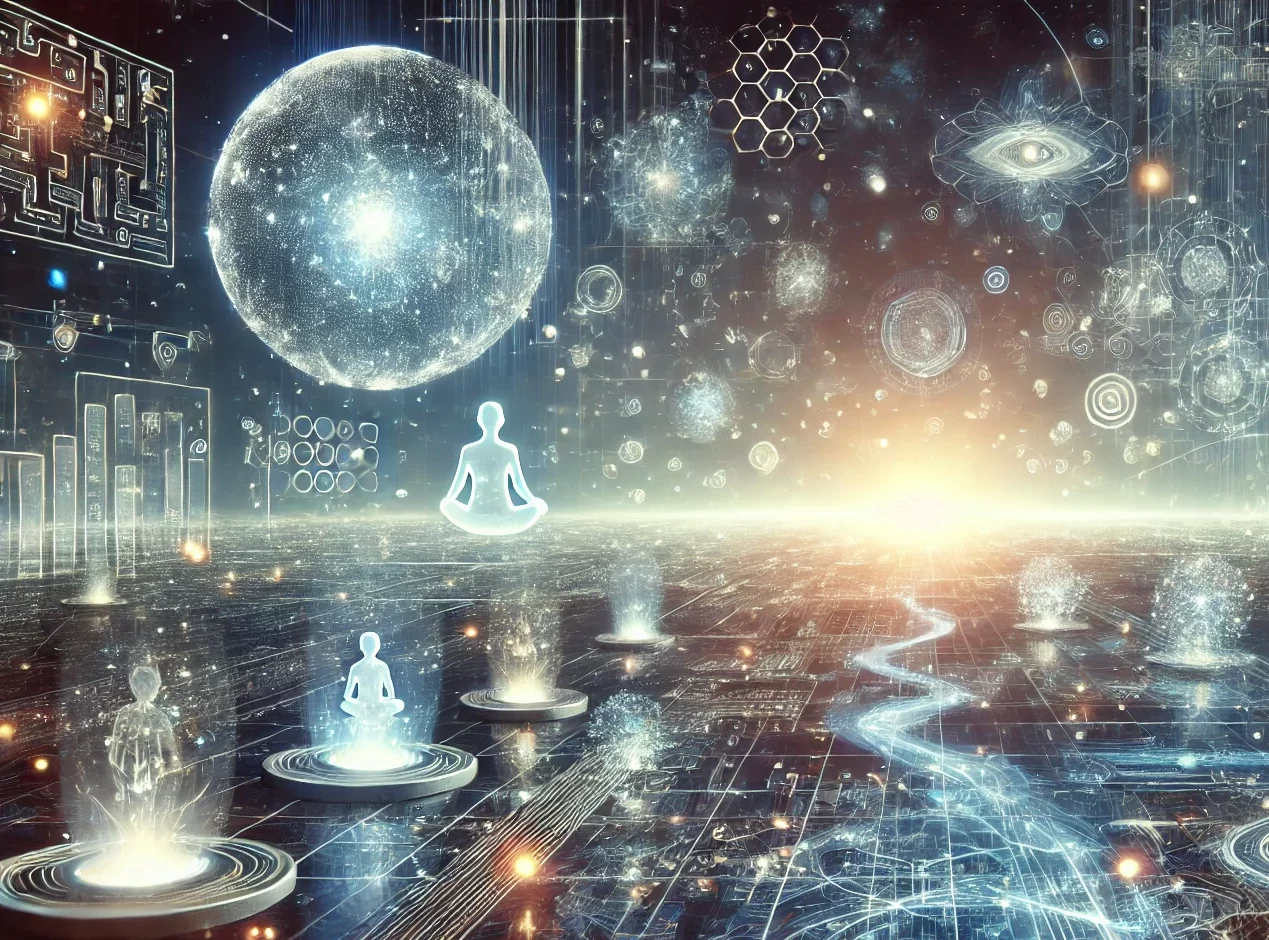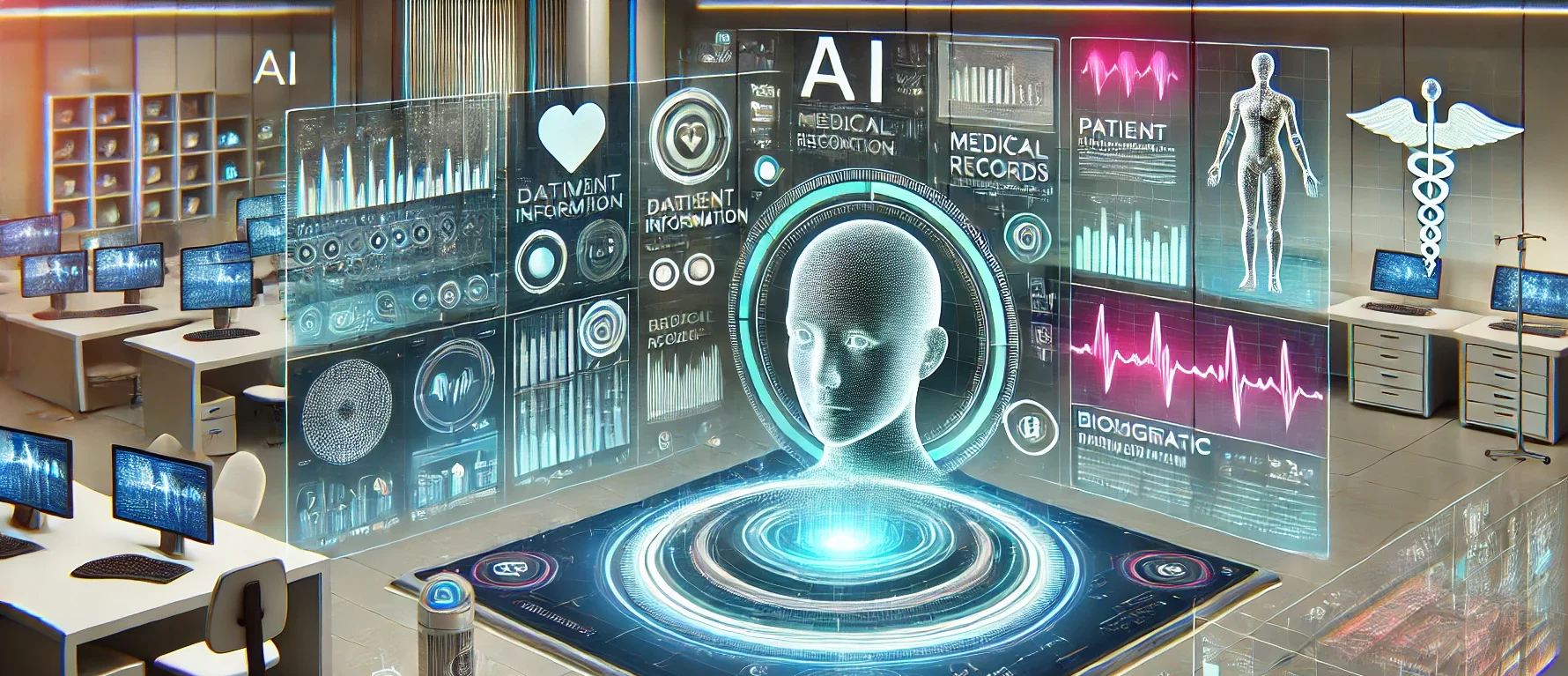In a world where technology is advancing at breakneck speed, the concept of using artificial intelligence to recreate deceased loved ones is no longer confined to science fiction. Companies like Replika and Eternime are already exploring ways to digitize human consciousness, allowing virtual interactions with AI replicas of the departed. But the question remains – should we?
The Emotional Landscape
Losing a loved one leaves a void that can never truly be filled. Recreating that person through AI is attractive for those grappling with grief. Imagine hearing their voice, seeing their face, and even conversing with them, albeit through a screen. On the surface, this sounds comforting, a way to keep their memory alive in a tangible form. However, the reality of AI bringing back the dead raises ethical concerns and asks: where do we draw the line between technology and humanity?
One major concern is consent. Can we truly recreate a person without their permission? In life, we have control over our own image and voice, but in death, that control may be taken away. As AI techniques advance, it becomes possible to create convincing replicas of deceased individuals through text messages, photos, videos, and social media posts. This raises questions about privacy and respect for the deceased.
Moreover, there is also the issue of accuracy. How accurate can AI truly be in recreating a loved one? Will it capture their true essence or simply provide a surface-level imitation? Additionally, AI has limitations in terms of creating emotional and social intelligence, which are crucial components of being human. Will these replicas truly feel and think like the person they are meant to represent? Or will they just be programmed responses based on data?
Another concern is the ethical implications of using AI for personal gain. Some companies have already started offering services that allow people to create digital versions of themselves to interact with their loved ones after death. While this may bring comfort to some individuals, it raises questions about the exploitation of grief and the commodification of human emotions.
On a broader scale, there are concerns about the impact this technology could have on society. As AI becomes more advanced and widespread, will we start valuing virtual relationships over real ones? Will our understanding of empathy and emotional intelligence be affected? And what about the potential for AI to be used as a tool for manipulation and control?
These are all important questions that need to be addressed as we continue to develop and implement AI technology. As with any new groundbreaking innovation, it is crucial that we consider not only the technical capabilities but also the ethical implications and potential consequences.
To ensure the responsible development and use of AI, companies and individuals involved in its creation and implementation must prioritize ethical guidelines and regulations. These could include transparency in how data is collected and used, safeguards against bias, and ongoing monitoring of the impact on society.

Ethical Considerations
Beyond the emotional implications, the ethical landscape is murky. Consent, for one, is a significant issue. Did the deceased permit their likeness to be used in this manner? And even if they did, is it morally right to recreate a person’s essence, reducing their multifaceted existence to lines of code and algorithms?
There’s also the question of authenticity. An AI recreation can mimic speech patterns, recall shared memories, and even replicate mannerisms, but it will never capture the person’s true spirit. It’s a facsimile, a shadow of what once was. Is it fair to the memory of the deceased to interact with such an incomplete version of them?
Technological Limitations
While AI has made remarkable strides, it’s far from perfect. Current AI technologies lack the depth of understanding and emotional intelligence that make human interactions meaningful. Conversations with an AI replica might feel stilted, lacking the nuance and spontaneity that were hallmarks of the original relationship. This could lead to disillusionment and further emotional strain.
The Potential Benefits
Despite these concerns, there are potential benefits. For some, an AI recreation might serve as a coping mechanism, providing comfort and easing the transition to life without a loved one. It also offers a way to preserve family history and memories, creating a digital archive for future generations.
Furthermore, such technology could have therapeutic applications. For those struggling with severe grief, guided interactions with an AI version of their loved one, monitored by mental health professionals, might offer a form of closure. However, this must be approached with great care and ethical oversight.
Conclusion
The idea of using AI to recreate deceased loved ones is fraught with emotional, ethical, and technological challenges. While it promises comfort and continuity, it also risks distorting the natural grieving process and reducing the complexity of human relationships to mere simulations.
Ultimately, the decision to engage with such technology is deeply personal. For some, it might provide a much-needed connection; for others, it could hinder their ability to move forward. When considering this option, weighing the potential benefits against the emotional and ethical ramifications is crucial.
We must remain cautiously open to the possibilities while honoring the memory and integrity of those we’ve lost. The future of AI in this domain holds both promise and peril, and it’s up to us to navigate it with sensitivity and respect.

